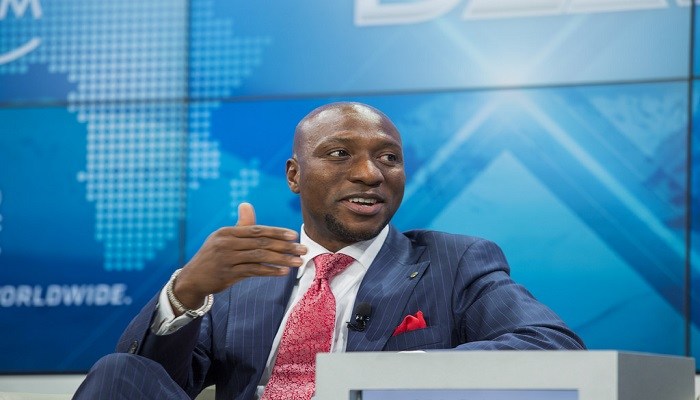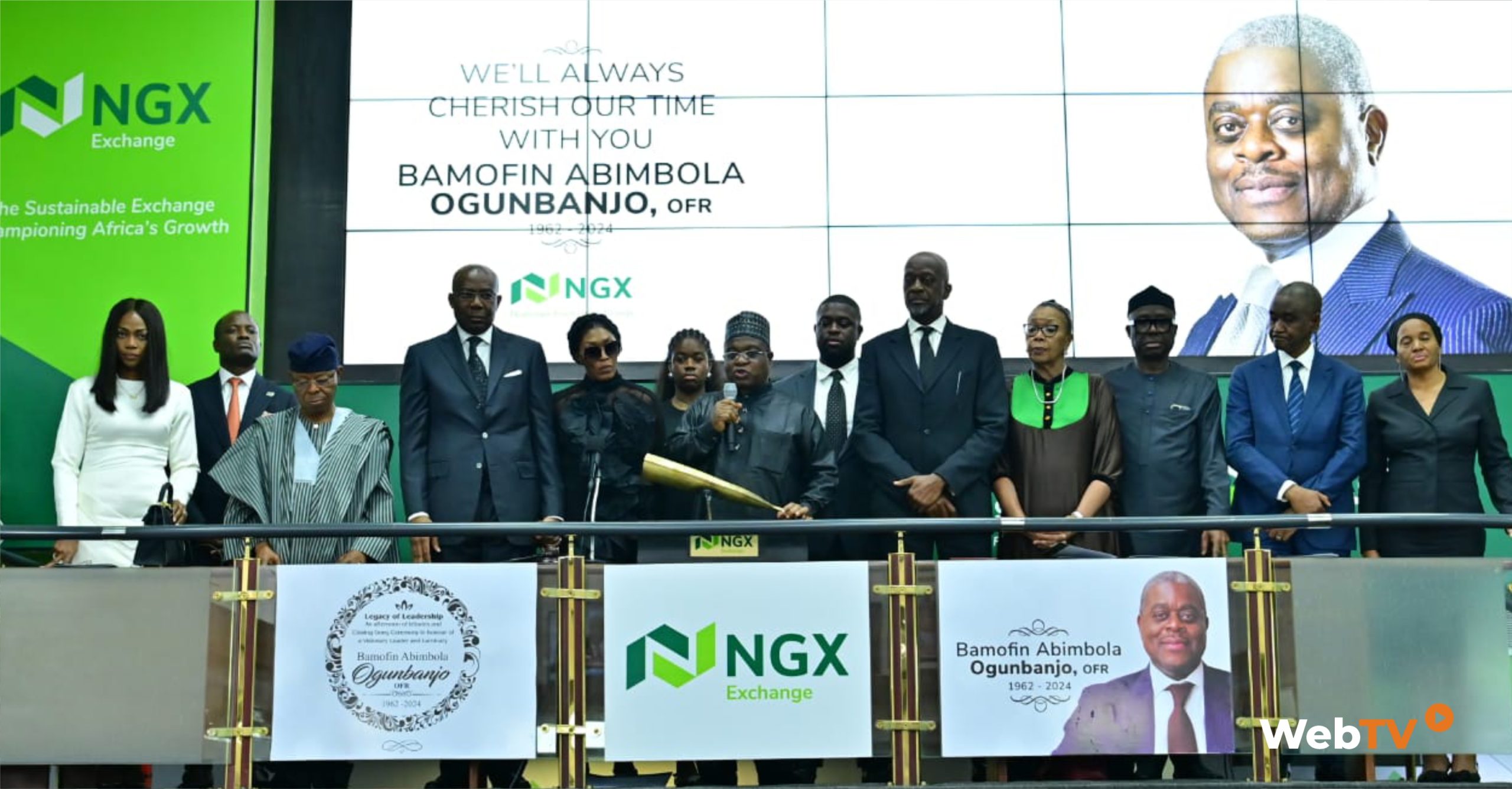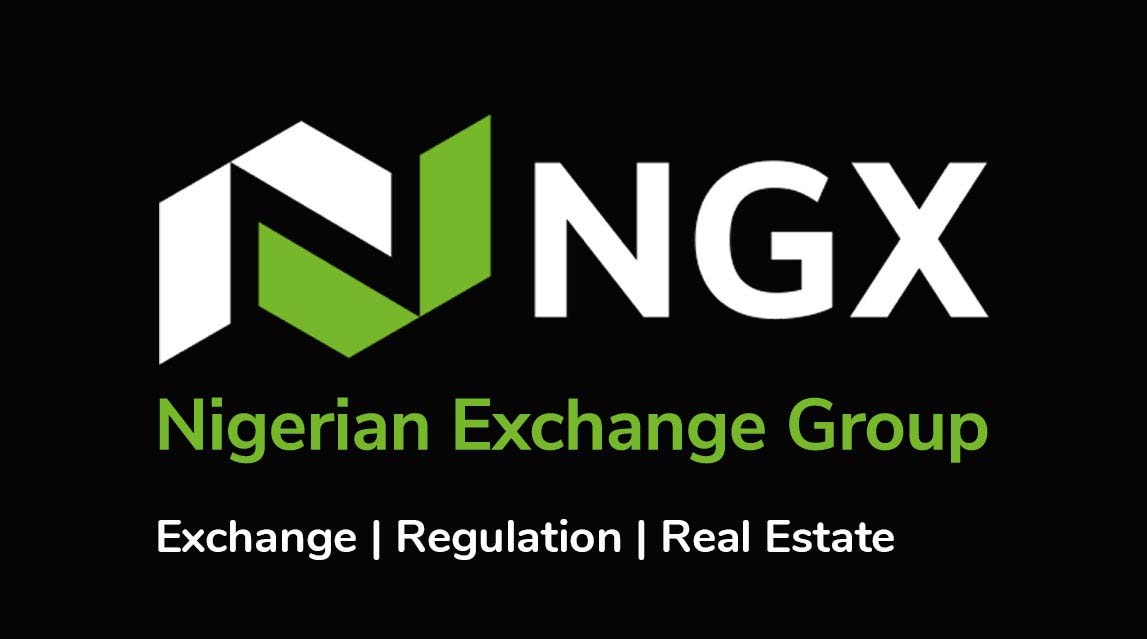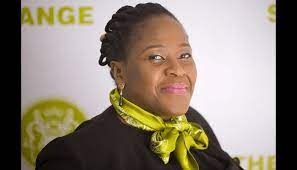Finance
SEC extends recapitalisation deadline for market operators

ABUJA-The Securities and Exchange Commission has extended the deadline for the re-capitalisation of capital market operators by nine months to September 30, 2015.
The commission made this known in a notice on Monday, citing recent economic developments as the reason for the decision to shift the deadline from December 31, 2014.
SEC explained that the decision was taken after its Board met on December 22 to review the status report on the level of compliance with the new minimum capital
requirement.
SEC, which said its Board expressed satisfaction with the efforts made by all operators, particularly those who had complied with the new requirements, noted that 262 capital market operators had so far met the new capital requirement.
They comprise issuing houses, brokers/dealers, corporate investment advisers, fund managers and underwriters.
While it commended the commitment of all stakeholders to building a world-class capital market for the country, the regulator said, “The Board, however, took cognisance of the effect of the global economic situation and approved an extension of the deadline for compliance with the new minimum capital requirements by nine months, to September 30, 2015.”
The decision followed sustained clamour by operators for the extension of the deadline, which was announced in December 2013.
Under the new guideline, the capital requirement for brokers/dealers was increased from N70m to N300m. That of brokers was raised to N200m from N40m, while that of dealers was hiked to N100m from N30m.
The minimum capital requirement for issuing houses was increased from N150m to N200m, while that of underwriters was raised from N100m to N200m. Registrars saw their minimum capital requirement increased to N150m from N50m, while the requirement for trustees was increased to N300m from N40m. Rating agencies were not left out as their minimum capital requirement was increased to N150m from N20m.
However, as the deadline approached, most of the operators called for an extension, stressing that insisting on the deadline and withdrawing the licences of those who fail to meet the deadline would throw the market into crises, especially as it had performed poorly this year.
The reasons cited for the demand included the dwindling prices of crude oil and the impact on the economy, especially the forced devaluation of the naira and the hike in interest rates.
The operators, who also argued that the new capital requirements was a major increase on the old ones, also pointed out the fact that equities had depreciated significantly in value as investor sentiments had been negative for most of the year due to political and economic concerns.
This, they explained, meant that people were not ready to invest in the market. Rather, foreign portfolio investors, who dominate the market, were pulling out their investment.
A stockbroker, who asked not to be named had said, “The situation in the market is not positive at the moment. A portfolio that had not eroded much before now has now eroded by more than 25 per cent. So, if by June you had N300m, now you have about N240m.
“Insisting on the December 31 deadline will not do any other thing to the market other than to kill it vis-à-vis the state of the economy. We have a situation where the government is introducing austerity measures to alleviate the hardship expected.”
Reacting to the extension of the deadline, the President, Association of Stockbroking Houses of Nigeria, Mr. Emeka Madubuike, who had earlier confirmed that member firms were seeking an extension of the deadline, thanked the commission for reconsidering its position.
PUNCH-
Business
Nigeria pays US$4.9 billion on petrol subsidy in 2024- NNPCL
It was however noted by Biztellers.com.ng, that although subsidy is back in effect, the main reason for that is the increasingly weak state of the Naira and the country’s extreme dependence on products importation. Also unlike the previous subsidy era, where several oil marketers were getting free subsidy refunds for unverified product importation, this subsidy era is witnessing only one importer, the NNPCL, which in effect is the sole receiver of government subsidies.
Yemie ADEOYE
INSPITE of the official position of the Nigerian government that the controversial petrol subsidy is gone for good as announced by the President on assumption of office, the state owned Nigerian National Petroleum Corporation Limited, NNPCL has disclosed that petrol subsidy is still fully operational in Nigeria, although, under a different identity.
Umar Ajiya, Chief Financial Officer at the NNPCL, disclosed that it cost the company a staggering N7.8 trillion (US$4.9) to cover this price gap in the first seven months of 2024.
Rather than simply referring to these claims as subsidies, he stated that the company is merely managing the price difference in petrol imports on behalf of the federation, stressing that this should not be misconstrued as a return to subsidy payments.
![]() This revelation has reignited discussions on whether the NNPC is indirectly offering subsidies, a concept typically defined as selling a product below its cost price.
This revelation has reignited discussions on whether the NNPC is indirectly offering subsidies, a concept typically defined as selling a product below its cost price.
Documents reviewed by Biztellers.com.ng showed that the term “subsidy” was used extensively in official correspondence between the NNPCL and the presidency, particularly in reference to the “shortfall.”
Recall that President Bola Tinubu reportedly approved NNPC’s request to utilize the 2023 final dividends due to the federation to offset these costs.
However, during a media briefing on Monday about the company’s 2023 audited financial statements, Ajiya refuted claims that the NNPC is involved in any subsidy scheme.
Ajiya further disclosed that the Nigerian government owes the NNPC N7.8 trillion ($4.9 billion) in subsidy-related debts for the period from January to July 2024.
In furtherance of his clarification to the News Agency of Nigeria (NAN), Ajiya insisted that no subsidy payments have been made to any marketer in the last nine years, citing the NNPC’s role as the sole importer of petrol under supply contracts.
He said, “In the last eight to nine years, NNPC Ltd. has not paid anyone a dime as a subsidy; no kobo has been disbursed by NNPC Ltd. in the name of subsidy. No marketer has received any payment from us for subsidy.”
“What has been happening is that we have been importing PMS, which has been landing at a specific cost price, and the government tells us to sell it at half price. So the difference between the landing price and that half price is a shortfall.
“And the deal is between the Federation and NNPC Ltd., to reconcile, sometimes they give us money, so there is no money exchanging hands with any marketer in the name of subsidy.”
Ajiya remained silent on how much of the $4.9 billion could have been remitted to the federation account if the NNPC had not been covering the “shortfall.”
It was however noted by Biztellers.com.ng, that although subsidy is back in effect, the main reason for that is the increasingly weak state of the Naira and the country’s extreme dependence on products importation. Also unlike the previous subsidy era, where several oil marketers were getting free subsidy refunds for unverified product importation, this subsidy era is witnessing only one importer, the NNPCL, which in effect is the sole receiver of government subsidies.
Banking
CBN Denies Currency Devaluation

The Central Bank of Nigeria (CBN) has refuted claims of devaluing the.
Earlier reports suggested that the CBN had devalued the Naira, lowering its exchange rate from N631 to the dollar, compared to the previous day’s rate of N461.60 at the Importers and Exporters (I&E) window.
However, the Central Bank of Nigeria (CBN) released a statement on Thursday through its Acting Head of Corporate Communications, Dr. Isa Abdulmumin, categorizing the report as false information.
In the statement titled ‘CBN Has Not Devalued The Naira’, he said the attention of the apex bank was drawn to the news report by an Abuja based newspaper edition of June 1, 2023, titled “CB Devalues Naira To 630/51”.
However, the CBN stated categorically that the news report was replete with outright FALSEHOODS and destabilizing innuendos, ‘reflecting potentially willful ignorance of the said medium as to the workings of the Nigerian Foreign Exchange Market.’
“For the avoidance of doubt, the exchange rate at the Investors’ & Exporters (I&E) window traded this morning (June 1, 2023) at N465/USS1 and has been stable around this rate for a while.
“The public is hereby advised to ignore the news report by Daily Trust in its entirety, as it is speculative and calculated at causing panic in the market,” the CBN spokesman added.
He, therefore, advised media practitioners to verify their facts from the Central Bank of Nigeria before publishing in order not to misinform the public.
Banking
BREAKING: CBN Increases Interest Rate By 0.5%

The interest rate in Nigeria has been raised to 18.5 percent, up by 0.5 percent, from 18 percent where it was pegged in March 2023.
The Central Banks of Nigeria’s (CBN) Monetary Policy Committee (MPC) resolved to this effect at its third meeting of 2023 in Abuja, on Wednesday.
Governor, CBN, Godwin Emefiele, made the disclosure in the communiqué of the MPC’s meeting, thereafter.
While engaging the media at the end of the two-day meeting, Emefiele, said the committee voted to keep the asymmetric corridor at +100 and -700 basis points around the MPR.
In the view of the MPC, rising inflation rate is traceable to the high energy cost and challenges around the supply chain, among others, which lie outside the corridors of the CBN.
Emefiele said, “The current trend in price development would continue to be monitored by the bank with greater collaboration with fiscal authority to address the drivers of inflation.”
Biztellers reports that the CBN had effected six consecutive interest rate increases, which has seen the rate move from 11.5 percent in March 2022 to 18.5 percent in May 2023.



















